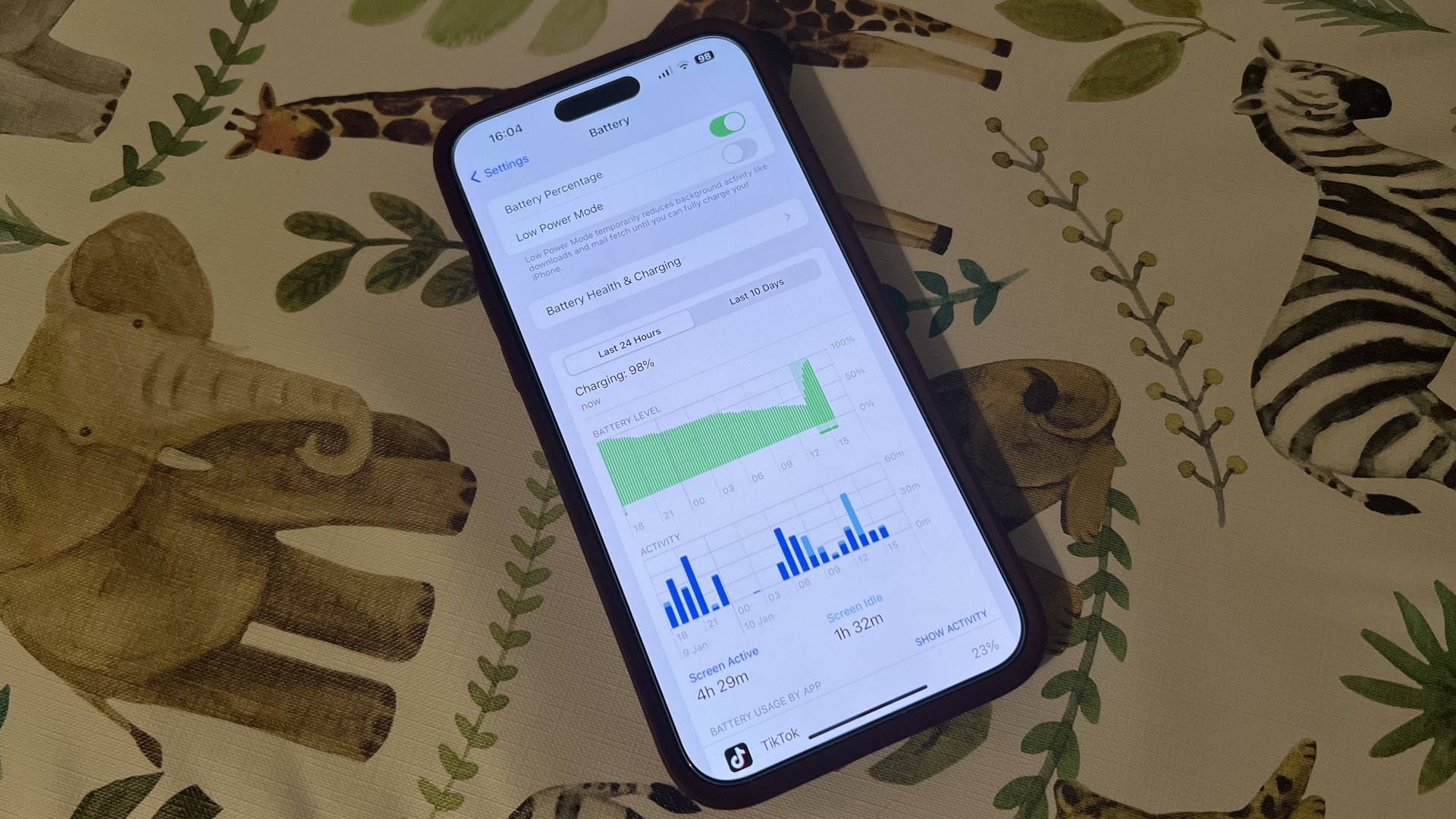
In some fantastic news for iPhone 15 owners, Apple just announced that the battery could last twice as long as previous models — and double what the company initially expected. Now, instead of 80% capacity at 500 charges, you’ll retain that 80% at 1000 charges — which is a big change.
Battery health has been a long-contentious topic when it comes to the iPhone — after all, there was an entire court case that debated whether iPhones were being throttled to protect the capacity of their batteries. Things since then have gotten better, and you can even see the battery health of your battery by hopping into the settings menu and having a check — if you’re not sure how, we have a useful guide.
Battery health and iPhones
Apple apparently discovered the increased battery health thanks to some intensive testing, says 9to5Mac. That testing saw draining the battery and then recharging 1000 times “under specific circumstances” to find out what the battery health of the unit is, and it looks like it paid off.
Of course, this is only exciting for owners of the best iPhones, the iPhone 15 lineup — anyone with an older iPhone is still stuck with a battery that will last half as long.
The battery health question
Of course, it’s not always as simple as Apple’s testing might suggest. Even anecdotally on team at iMore, we’ve had some interesting battery health statistics arise among similarly used and differently charged devices.
The iPhone 14 Pro Max, for example — two team members with essentially the same phone got vastly different numbers by the time it came to switching out their iPhones. One charged on MagSafe at their desk and bedside, and noticed that their battery health and battery life tanked only a few months into ownership. Another team member only charged the phone at night, plugged into a MacBook Pro — and in the same time period, still saw 100% battery health.
It’s good news that Apple has discovered that its new batteries are longer lasting than its old ones — but as always, it will depend on your use, charging habits, and other factors that are often out of your control.







